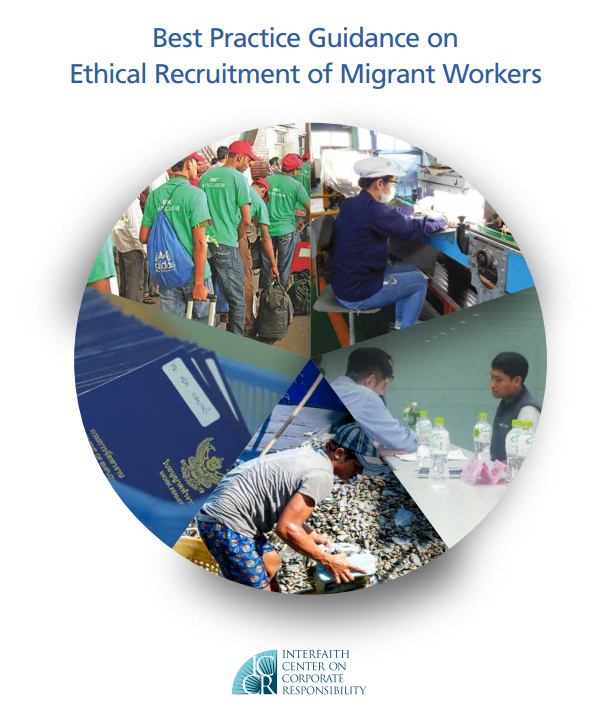Guidelines for the Evaluation of Workers’ Human Rights and Labour Standards
GuidanceThe Committee on Workers’ Capital (CWC) Guidelines for the Evaluation of Workers’ Human Rights and Labour Standards are a comprehensive set of key performance indicators for investors to evaluate companies’ social performance. They were develop...Read More

